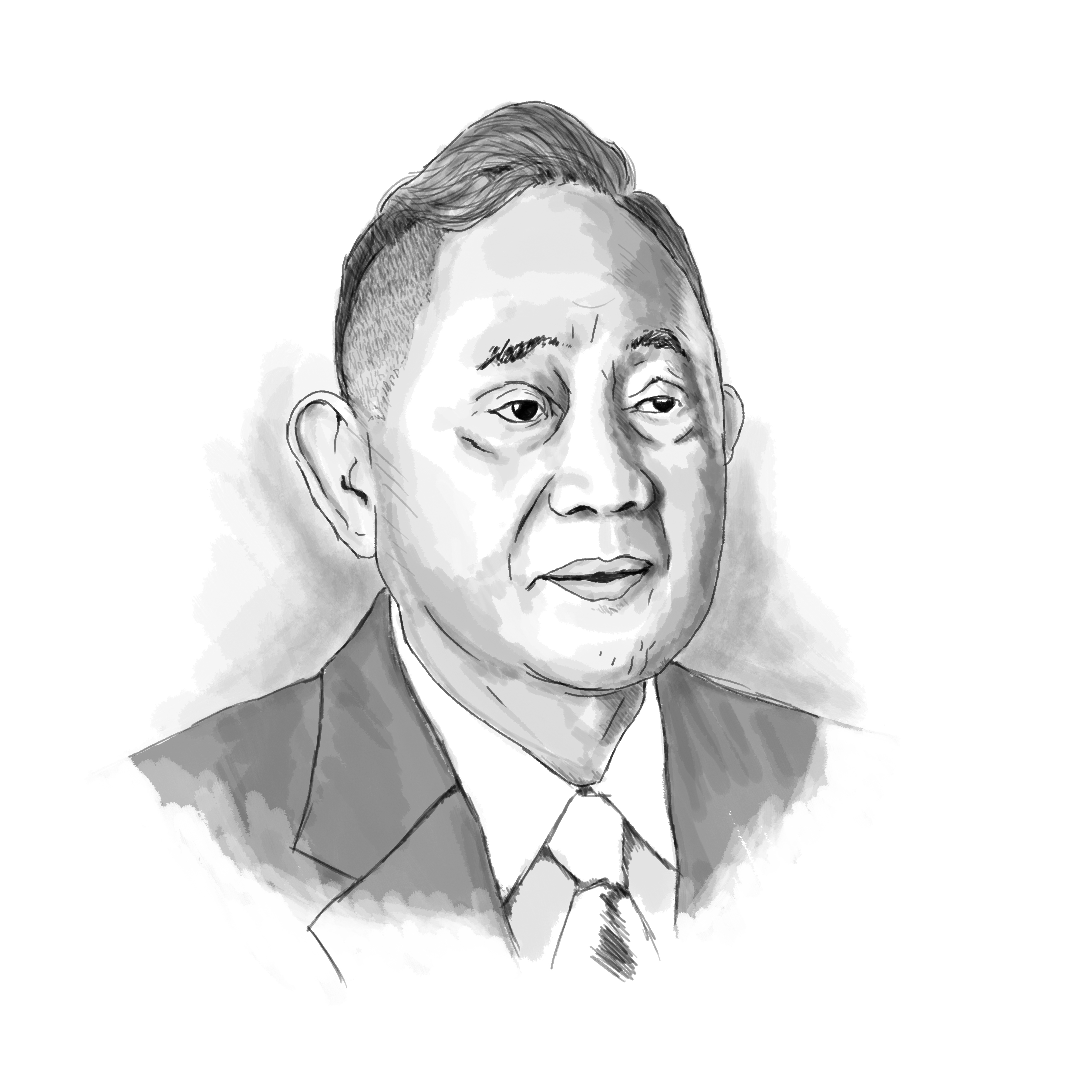Soft power and the pursuit of global peace
PEACE-MAKER

Last week, our old friends Dr. Charles Yang of South Korea and Member of Parliament and Cabinet Minister Ek Nath Dhakal of Nepal, international chairman and Asia Pacific chairman, respectively, of the New York- and Seoul-based Universal Peace Federation (UPF) visited us in our home. They were accompanied by UPF officers Masaichi Hori of Japan and Julius Malicdem and Leo Angelo Halog of the Philippines.
We had the privilege of serving previously as chairman emeritus of this global non-government organization which enjoys a general consultative status with the United Nations Economic and Social Council or Ecosoc.
For years, we traveled to different cities in Asia, the United States, Europe, Latin America, and Africa to contribute in a small way in advancing the causes of peace and security. We were accompanied in many of these trips by our long-time assistant, Aldwin Requejo, who currently serves as chief of staff of our son, Congressman Christopher de Venecia of Pangasinan’s fourth district.
A leading proponent of “track two” diplomacy, UPF acknowledges “the need for careful and proportionate use of power, including political, economic, military, and civil society power to sustain lasting peace,” with profound emphasis on “soft power” as essential to peacebuilding.
“Soft power” is a term coined by political scientist Joseph Nye to refer to the ability to shape the preferences of others through diplomacy and dialogue, cultural and educational exchange, as well as development aid and economic cooperation. These ways and means help build trust, mutual understanding, and long-term partnerships that are crucial to upholding peace. It contrasts with “hard power” which involves military force or economic sanctions.
UPF conferences convene presidents, prime ministers, leaders of parliament, international organization, religion, academe, and civil society to discuss issues from the national, regional, and global perspectives, as well as to collaborate on how to resolve the global challenges, like climate change and terrorism and violent extremism.
Indeed, our world is interconnected and rapidly evolving, thus the need for international organizations – which serve as platforms for nations to dialogue, collaborate, and address global challenges.
International organizations offer a neutral ground where countries, regardless of size or power, can engage in meaningful discussions to find common ground and pursue common objectives. Whether its promoting peace, resolving conflicts, and tackling poverty, climate change, pandemic, terrorism, or narcotics trade, these forums can facilitate mutual understanding and cooperation.
We mentioned in this column much earlier that we have spent the last two decades bringing together Asia’s political groupings into the International Conference of Asian Political Parties (ICAPP); and our national legislatures into the Asian Parliamentary Assembly (APA), both of which have grown rapidly into advanced organizations.
ICAPP, which we founded in Manila in September 2000, is now composed of 352 ruling and opposition political parties from 52 countries in Asia.
Meanwhile, APA now has 44 member-parliaments and was earlier called the Association of Asian Parliaments for Peace (AAPP), until we proposed in Islamabad in December 2006 its conversion from AAPP to become the Asian Parliamentary Assembly (APA), in hopes that it could be a forerunner of an eventual Asian Parliament like the European Parliament.
In an increasingly interconnected world, the work of these organizations in fostering understanding and cooperation – and in promoting a lasting peace – is more important than ever.